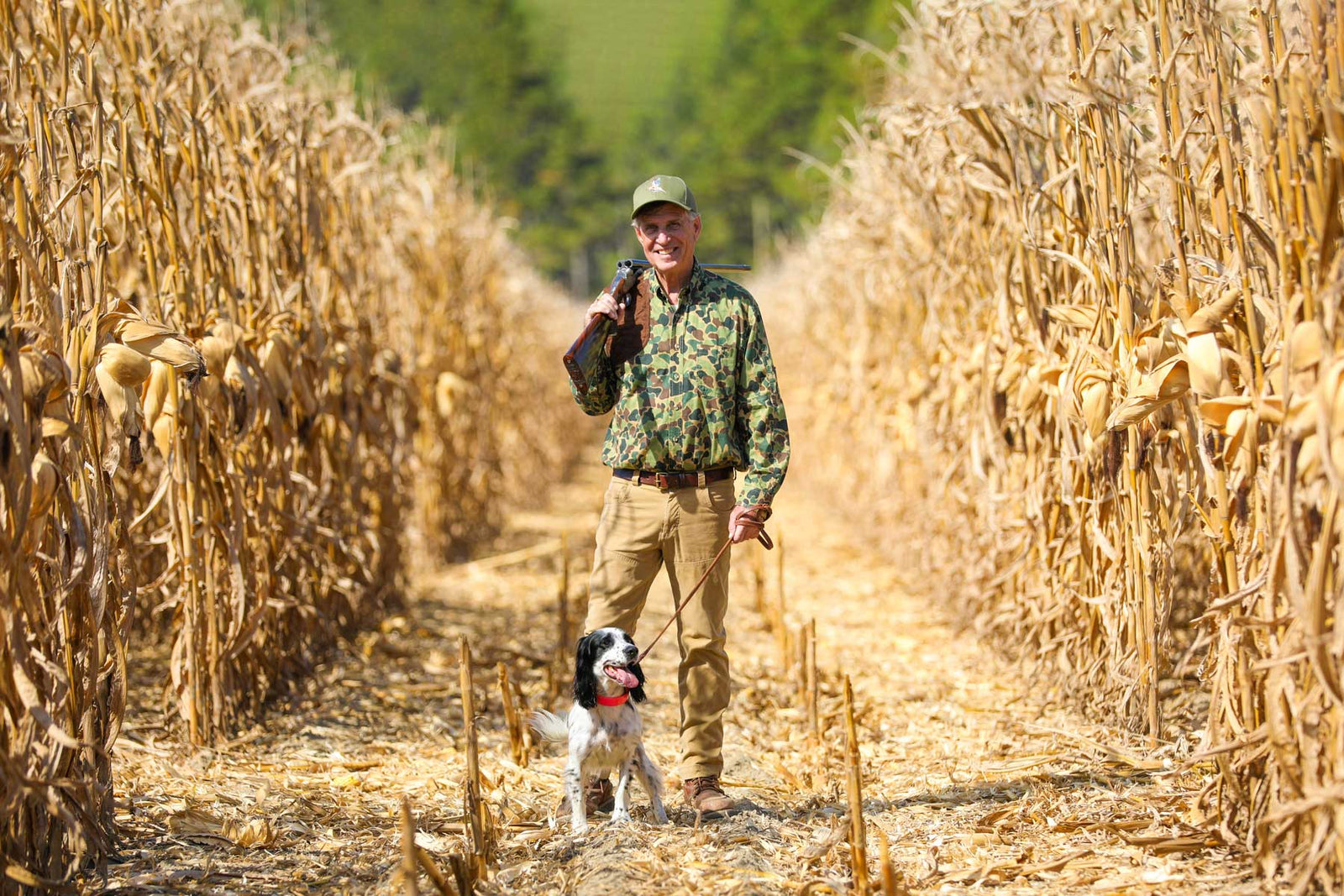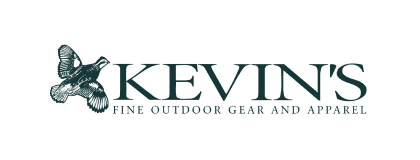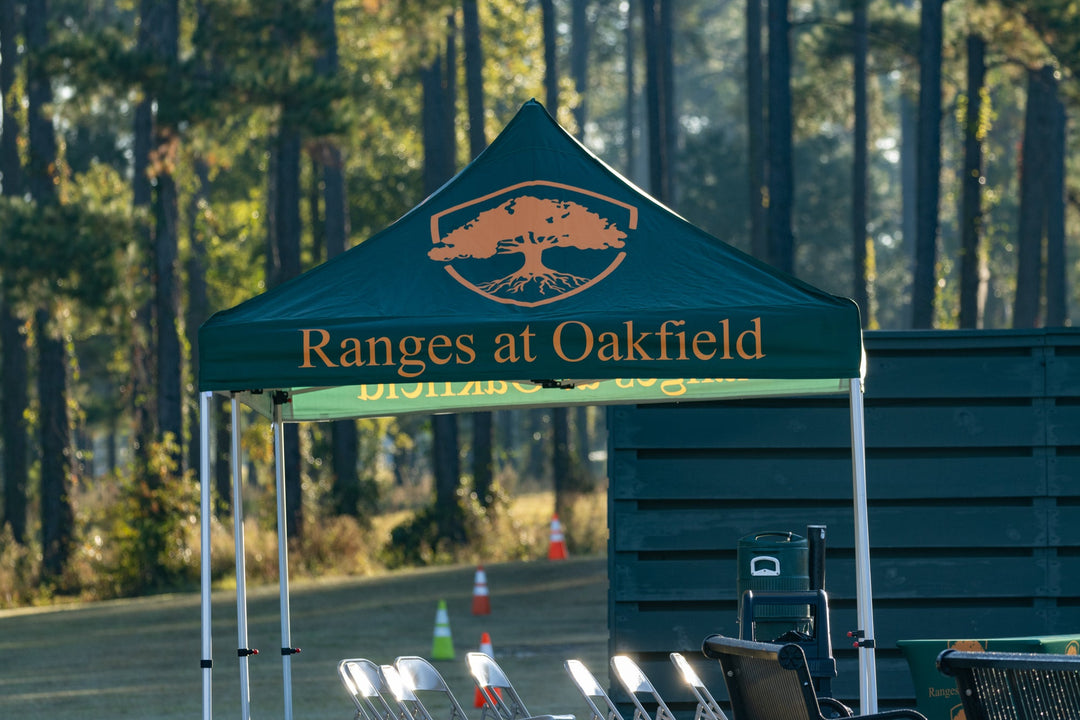
The Ultimate Guide to Selecting the Best Dove Hunting Equipment: Shotguns & Ammo Explained
Dove season is generally the first hunting season as summer comes to an end and is a popular sport and social event enjoyed by many outdoor enthusiasts around the country. It combines the thrill of the chase with the satisfaction of a successful hunt. Whether you are a seasoned hunter or a beginner, having the right equipment is crucial for a successful dove hunting experience. In this guide, Kevin from Kevin's Catalog and Kevin's Guns will explore the various factors to consider when choosing dove hunting shotguns and ammunition, as well as provide tips for maintaining and caring for your equipment. By the end of this article, you will be well-equipped to make an informed decision and maximize your chances of a successful dove hunt.
Factors to Consider when Choosing Dove Hunting Shotguns
When it comes to selecting the best dove-hunting shotgun, there are several factors to consider. One of the most important factors is the gauge of the shotgun. The gauge refers to the bore diameter of the shotgun and determines the size of the ammunition it can shoot. For dove hunting, the most commonly used gauges are 20 and 28. These gauges offer a good balance of power and versatility, making them ideal for taking down fast-flying doves.
Another factor to consider is the type of shotgun action. There are three main types: pump-action, semi-automatic, and break-action. Each has its advantages and disadvantages. Pump-action shotguns are reliable and relatively affordable but require manual operation for each shot. Semi-automatic shotguns offer rapid-fire capability but can be more expensive. Break-action shotguns, such as over/under or side-by-side models, are known for their simplicity and elegance but have a limited number of shots. Fellow shooters in the field will know immediately if the gun is opened while carrying and can't be fired. Consider your personal preferences and shooting style when choosing the type of shotgun action that suits you best.
Additionally, consider the weight and balance of the shotgun. A lightweight shotgun can be easier to carry for long periods, but a heavier shotgun can provide better stability and recoil control. Balance refers to the distribution of weight between the front and back of the shotgun. It is a matter of personal preference, as some hunters prefer a more front-heavy shotgun for better swing and follow-through, while others prefer a more balanced weight distribution. Kevin prefers a more balanced weight distribution in the middle of the gun, preferring an over/under, twenty gauge.
Different Types of Shotguns for Dove Hunting
There are various types of shotguns available on the market that are suitable for dove hunting. The most popular ones include semi-automatic shotguns, over/under shotguns, and pump-action shotguns.
Semi-automatic shotguns are a popular choice among dove hunters due to their rapid-fire capability and ease of use. Brands such as Benelli and Browning offer reliable semi-automatic shotguns that are specifically designed for hunting. These shotguns can provide quick follow-up shots, which is crucial in fast-paced dove hunting situations.
Over/under shotguns are another popular choice for dove hunting. They offer a classic and elegant design, with two barrels stacked one above the other. Brands like Beretta and Browning are known for their high-quality over/under shotguns. These shotguns are often preferred for their safety features, as they are carried open and cannot be accidentally discharged. They also offer the option to use different chokes in each barrel, allowing for versatility in different hunting situations. Kevin prefers shooting a break-action type of shotgun because of its safety advantages.
Pump-action shotguns, such as those offered by Remington and Benelli are known for their reliability and affordability. They require manual operation to cycle the action, which can provide a satisfying shooting experience for some hunters. However, they may require more time and effort to operate compared to semi-automatic or over/under shotguns.
Understanding Shotgun Gauges for Dove Hunting
Shotgun gauges play a crucial role in determining the size of ammunition used for dove hunting. The most common gauges used for dove hunting are 12, 20 and 28. The gauge number corresponds to the number of lead balls of the same diameter as the bore that can be made from one pound of lead. For example, a 20-gauge shotgun can produce 20 lead balls of the same diameter as the bore from one pound of lead.
Consider 12, 20 and 28 gauge shotguns to be suitable for dove hunting due to their versatility and effectiveness. The 20-gauge shotgun offers a good balance between power and recoil, making it a popular choice among hunters. The 28-gauge shotgun, on the other hand, offers less recoil and is often preferred by hunters looking for a lighter shotgun with a softer shooting experience. The 12-gauge shotgun carries more shot and is a larger model. One of Kevin's companies is Ammo Yard where you can find upland and waterfowl cartridges, rifle, pistol and rim-fire, with live inventory and same day shipping with orders before 2 pm.
Selecting the Appropriate Ammunition for Dove Hunting
Choosing the right ammunition is crucial for a successful dove hunt. The type of ammunition you use can affect your shooting accuracy, the range of your shots, and the terminal performance.
When selecting ammunition for dove hunting, consider the shot size, shot material, and shotshell length. Shot size refers to the diameter of the individual pellets in the shotshell. For dove hunting, shot sizes ranging from 7.5 to 9 are commonly used. Smaller shot sizes offer a denser pattern, while larger shot sizes provide more energy on target. Consider your shooting style and the typical range of your shots when choosing the shot size. In windy conditions birds are faster and often higher, Kevin recommends 7.5 which carry further with more energy.
Shot material can vary between lead and steel. Lead shot is the traditional choice for dove hunting due to its superior ballistic performance. However, in certain areas where lead shot is restricted, steel shot can be used as an alternative. Steel shot is non-toxic and environmentally friendly but has slightly different ballistic properties compared to lead shot. Be sure to check the regulations in your hunting area regarding the use of lead or steel shot.
Shotshell length refers to the overall length of the ammunition. For dove hunting, shotshells with a length of 2 3/4 inches are commonly used. Longer shotshells, such as 3 inches, can offer increased velocity and energy but may also produce more recoil. Consider your shooting comfort and the capabilities of your shotgun when selecting the shotshell length. Kevin believes for most early season dove shoots 2 3/4 inch upland loads are preferred. For recoil sensitive shooters lighter loads are available in all gauges and will have reduced recoil.
Tips for Maintaining and Caring for Dove Hunting Equipment
Proper maintenance and care of your dove hunting equipment are essential to ensure its longevity and optimal performance. Here are some tips to keep your equipment in top shape:
- Clean your shotgun regularly: After each hunting trip, it is important to clean your shotgun thoroughly. Remove any dirt, debris, and residue from the barrel, action, and other parts of the shotgun. Use a cleaning rod, brushes, and solvent to clean the barrel, and wipe down the action and exterior with a clean cloth. Do not excessively use spray oils on your shotguns. If you do, wipe excess oils off of the gun, leaving a light coat of gun oil on the metal parts will prohibit rust.
- Store your shotgun properly: When not in use, store your shotgun in a cool, dry place. Avoid exposing it to extreme temperatures or humidity, as this can cause damage to the wood and metal components. Consider using a gun safe or a gun rack to protect your shotgun from accidental damage or unauthorized access.
- Inspect and replace worn-out parts: Regularly inspect your shotgun for any signs of wear or damage. Pay attention to the firing pin, springs, and other moving parts. If you notice any issues, have them addressed by a qualified gunsmith. Replace any worn-out or damaged parts to ensure the safe and reliable operation of your shotgun.
- Keep your ammunition in a cool, dry place: Proper storage of your ammunition is just as important as the storage of your shotgun. Keep your ammunition in a cool, dry place, away from direct sunlight and moisture. This will help maintain the integrity of the ammunition and prevent any malfunctions or misfires.
Kevin's with over 45 Years of Experience is Available to Help
Selecting the best dove hunting equipment requires careful consideration of factors such as shotgun gauge, type of shotgun action, and ammunition selection. Kevin and his team of professionals are available at Kevin's Guns & Sporting Goods, Tallahassee, FL, (850)-386-5544 or Kevin's of Thomasville, Thomasville, Georgia, (229) 226-7766. Whether a beginner, youth, women or men, we will look forward to helping you with expert advice and making your shopping experience fun, informative and memorable. Whether you choose a semi-automatic shotgun, an over/under shotgun, or a pump-action shotgun, remember to prioritize safety and choose the equipment that best suits your shooting style and preferences.
Enjoy shopping at kevinscatalog.com (we have professional customer service available Monday-Friday from 8 am - 5 pm EST at 800-953-8467 and live chat) and at our two stores, with professional sales help who will assist you with outfitting for your hunt as well. Let us outfit you with lightweight cotton and performance shooting shirts, cotton and performance camo tees, camo pants, shorts, socks, boots, snake boots, hats and so much more to help you perform, look great and be comfortable in the field. Shop our Dove Hunting 2023 recommendations.
Happy hunting!
The Kelly Family & Kevin's Team







